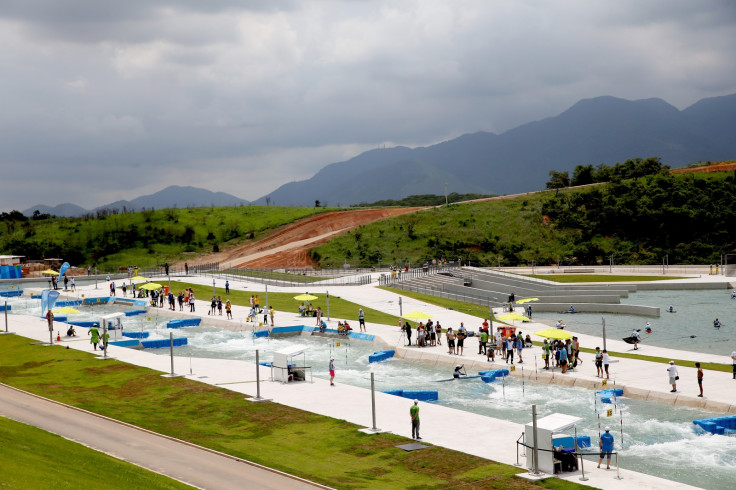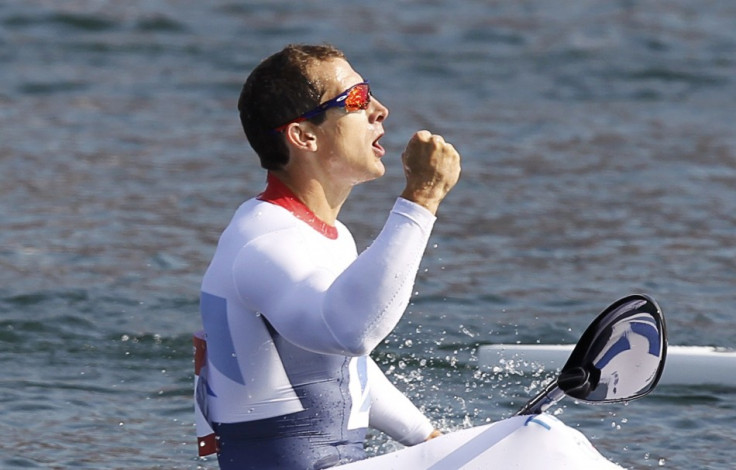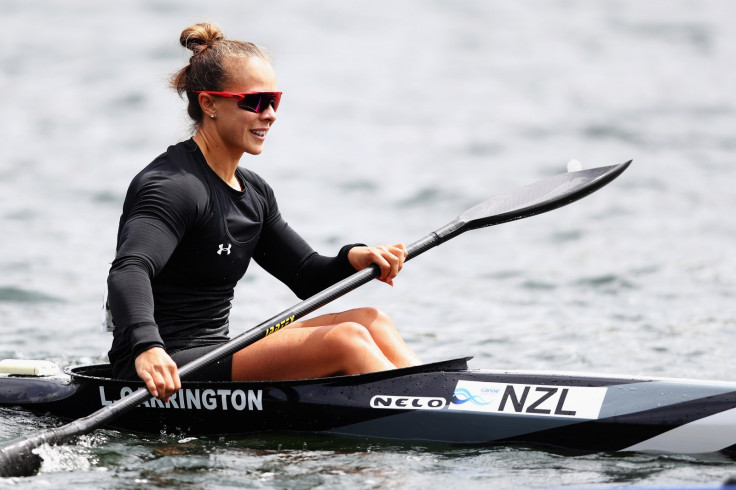Rio 2016 Olympic Games: Canoeing – Schedule, format, athlete to watch and rules
All you need to know ahead of the canoeing competition at the 2016 Rio Olympic Games.

Number of events: 16
Games history: Following a demonstration in 1924, canoe sprint has been part of the Olympic Games at every edition from 1936, with events such as the men's C-1, C-2, K-1 and K-2 1000m events taking place through its history. A women's programme was introduced from 1948, and since London 2012 has been expanded to four events. Germany, led by Birgit Fischer who has 12 medals in the sport including eight golds, are the most successful nation.
Canoe slalom made a fleeting debut in the Games in 1972, but not until two decades later did it become a staple at the Olympic Games. It has appeared at every Games since 1992, with just four events in all. The men's C-1, C-2 and K-1 are accompanied by the women's K-1.
Rules: In canoe sprint, competitors either individually, as a pair or a quartet race over distances 200m, 500m or 1000m. Letter K [kayak] and C [canoe] refers to the type of boat and is best differentiated by the stance taken by the athlete, who will be upright for kayak racing and sitting down for canoe sprints. The number which precedes the letter indicates how many crew members there are.
Canoe slalom sees athletes either competing solo or as a pair race go against the clock on a downhill course which must be navigated through a series of gates, with time penalties enforced for failing to reach checkpoints or inadvertently touching the red and white poles.
Format: For canoe sprint, boats race against each other in groups of six or less in heats, semi-finals and finals with the fastest qualifying for the next stage and then the medal races where the top three make the podium. Canoe slalom is against the clock until the semi-final when the top four athletes or teams compete for the medals in the semi-final and final, when the quickest time in a head-to-head battle prevails.

Key terms:
Cockpit: Where athletes sit in the middle of the canoe or kayak which holds them in place.
Rapids: Fast flowing water seen in canoe slalom which litters the course for the event.
Athlete to watch: Lisa Carrington (New Zealand) – At the world championships in Milan last August Olympic champion Carrington retained her world K-1 200m title, and added the 500m crown to her trophy cabinet ahead of London. Crucially, the double success came in two Olympic-recognised events giving her the upper-hand going into Rio. However, at the test event in May she was beaten to the 500m World Cup title by Danuta Kozak – setting up a potentially thrilling race for gold with the Hungarian this summer.
Venues
Olympic Whitewater Stadium – Despite initial fears the Rio organisers has created a tedious course, the test event last November highlighted that the course represents a real challenge for the canoe slalom. Using the same technology behind the London course, the Rapidbloc system, there is no margin for error and should expose even the smallest of mistakes.
Rodrigo de Freitas Lagoon – Among the venues which are provoking the most health concerns is the lagoon based in the district of Lagoa, where the canoe sprint events will be staged. Thirteen athletes complained of stomach problems after their competitions and locals have since revealed the area cannot be cleaned properly in time for the event. The death of fish due to algae has caused the contamination which draws a cloud over the event.

Schedule
Canoe Slalom:
Sunday 7 August: Men's C-1 heats 1<sup>st and 2<sup>nd run,men's K-1 heats 1<sup>st and 2<sup>nd run
Monday 8 August: Men's C-2 heats 1<sup>st and 2<sup>nd run, women's K-1 heats 1<sup>st and 2<sup>nd run
Tuesday 9 August: Men's C-1 semi-finals and final
Wednesday 10 August: Men's K-1 semi-finals and final
Thursday 11 August: Men's C-2 semi-finals and final, women's K-1 semi-finals and final
Canoe sprint:
Monday 15 August: Men's K-1 1000m heats and semi-finals, women's K-2 500m heats and semi-finals, women's K-1 200m heats and semi-finals, men's C-1 1000m heats and semi-finals.
Tuesday 16 August: Men's K-1 1000m final, women's K-2 500m, women's k-1 200m, men's C-1 1000m
Wednesday 17 August: Men's C-1 200m heats and semi-finals, men's K-2 1000m, women's K-1 500m, men's K-2 200m
Thursday 18 August: Men's C-1 200m final, women's K-1 500m final, men's K-2 1000m final, men's K-2 200m final
Friday 19 August: Men's K-1 200 heats and semi-finals, men's C-2 1000m heats and semi-finals, women's K-4 500m heats and semi-finals, men's K-4 1000m heats and semi-finals
Saturday 20 August: Men's C-2 1000m final, men's K-1 200m final, women's K-4 500m men's K-4 1000m
© Copyright IBTimes 2024. All rights reserved.







